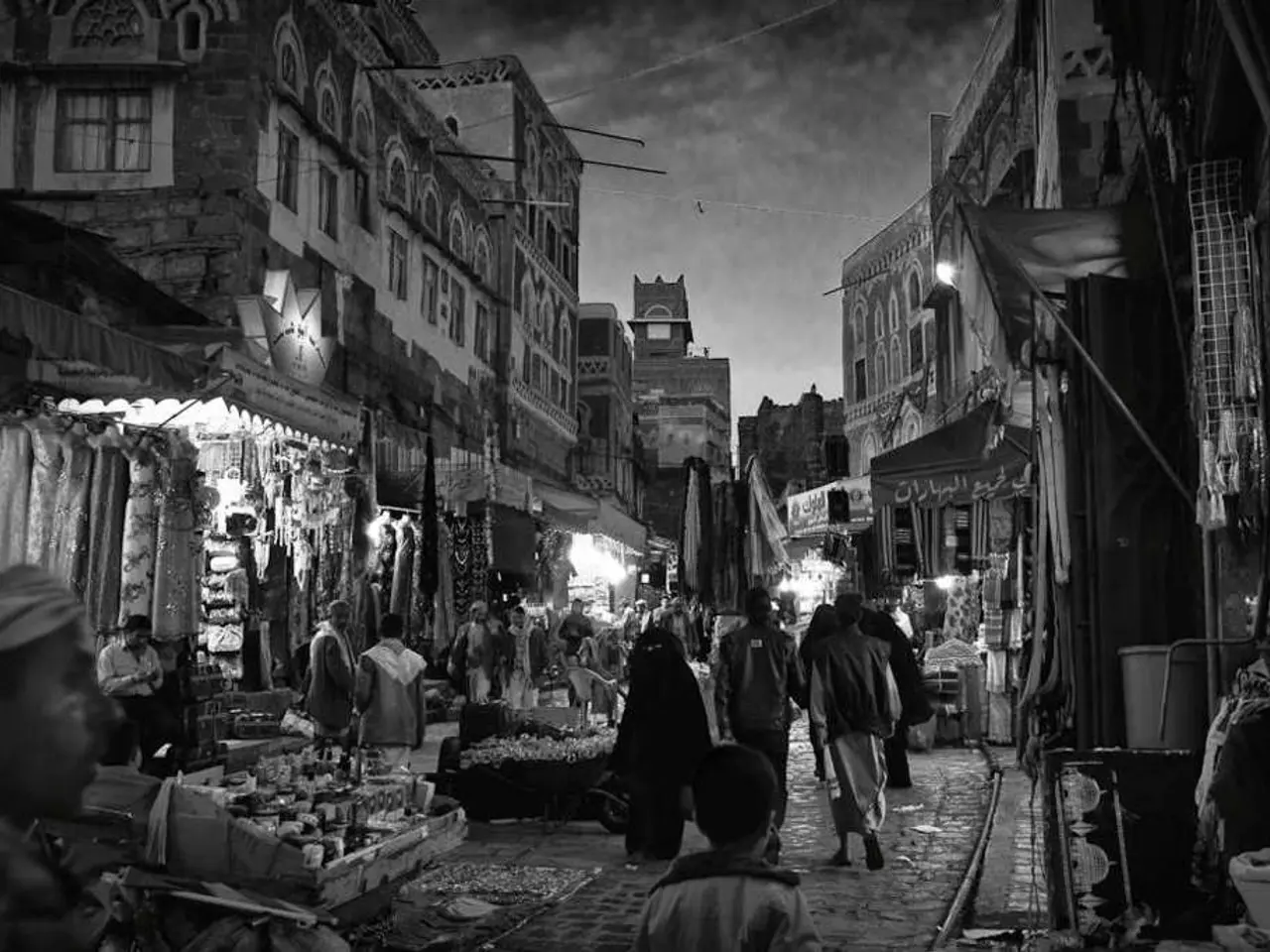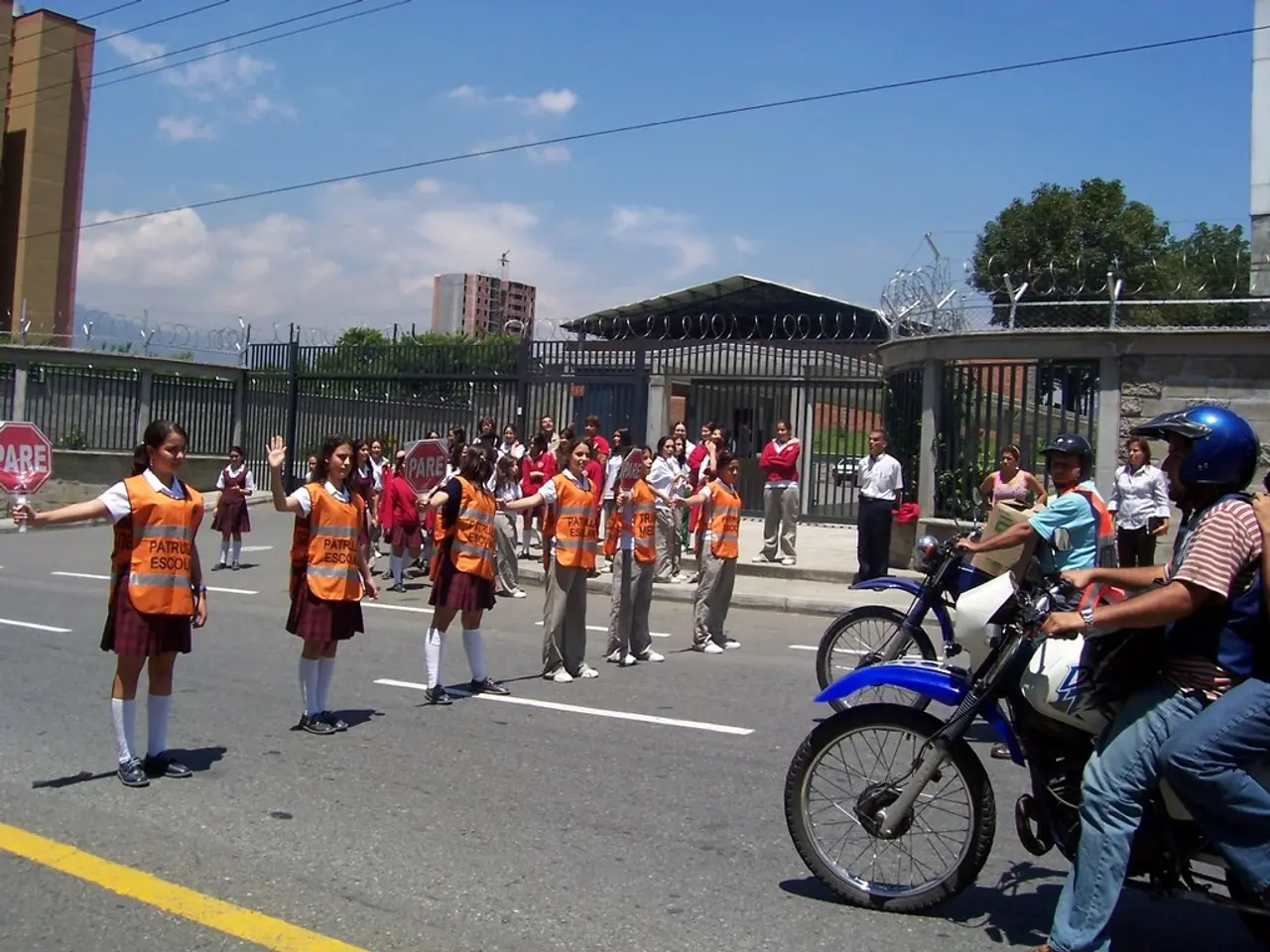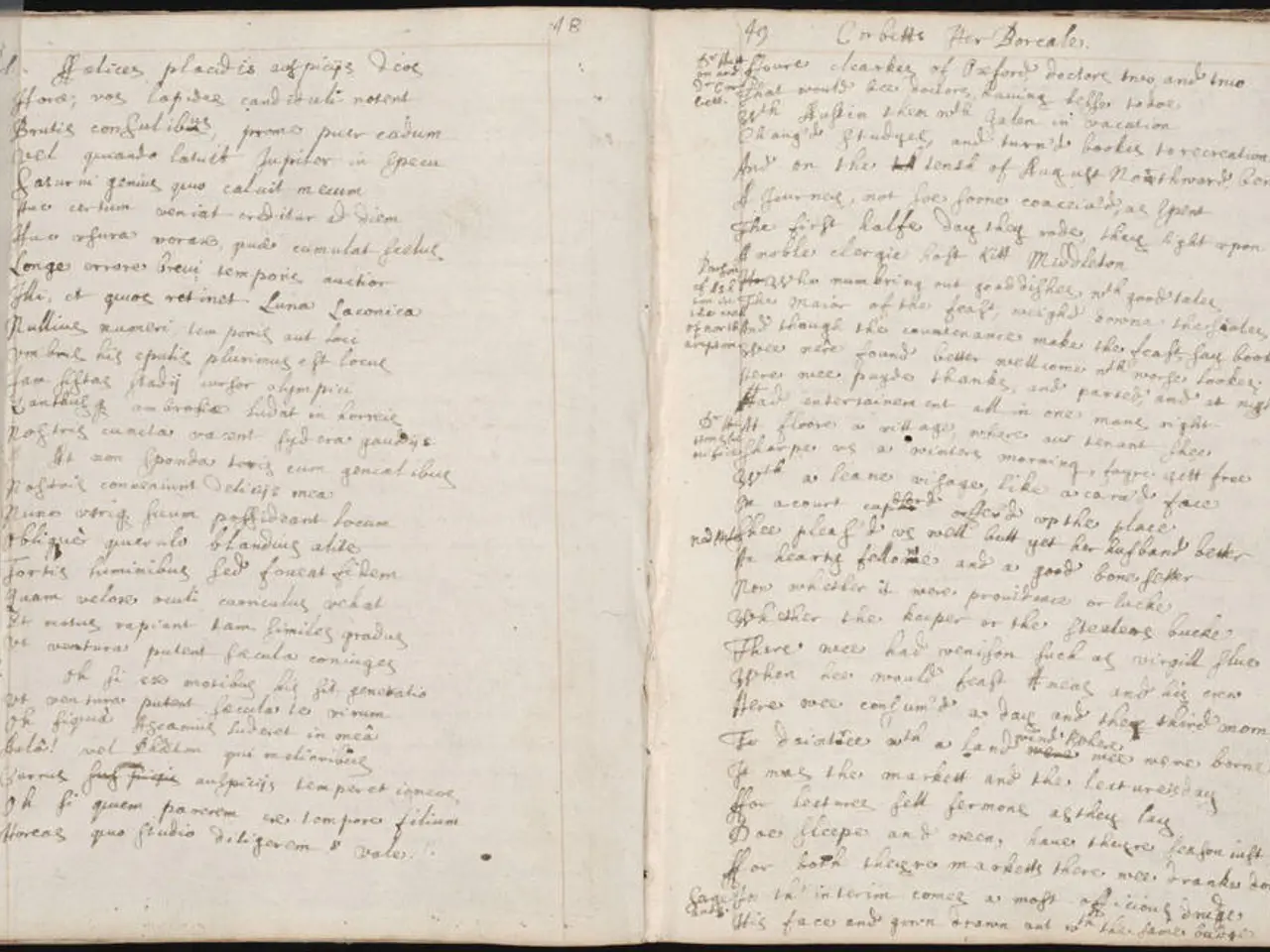Drawn-out roots, dwellings in Ingolstadt?
In the bustling city of Ingolstadt, Germany, a diverse group of entrepreneurs are making their mark, overcoming challenges and integrating into the local economy. Among them are Muneeb Ahmad, Imad Al Sharbaji, and Alihan Kizilirmak, three migrant entrepreneurs who share a common goal: to provide quality goods and services while building bridges between cultures.
Muneeb Ahmad, a 29-year-old manager from Peshawar, runs "Barg Supermarket," a popular meeting point for people with Turkish, Arabic, or Pakistani roots. His customers find familiar items from home, and Muneeb ensures trust through quality and patience. However, daily life as a business owner is not without its challenges, with investments, tax burden, and responsibility weighing heavily.
Imad Al Sharbaji, a 42-year-old native Syrian, runs a tiny tailor shop in Ingolstadt and is a former fashion designer from Damascus. Imad gains trust through quality and fair prices, and 90% of his customers are German. Unfortunately, Al Sharbaji's greatest wish - to visit his sick mother in Syria - remains unfulfilled due to lack of minimum income, permanent employment, and a passport.
Alihan Kizilirmak, a 30-year-old jeweler from Turkey, runs "Elaa Jeweler" on Harderstraße and took over the business in 2015. His customers are predominantly Turkish, and he builds trust through honesty and a free repair service.
All three entrepreneurs share the assessment that there is a need for more educational offers specifically for migrant entrepreneurs. They also express the view that uncertainty deters many women from entrepreneurship.
Uli Linder, a local entrepreneur, calls for a togetherness that starts on equal terms. He suggests that for true integration, economic participation must be made possible, allowing people to live and co-shape Ingolstadt. Uli emphasizes that entrepreneurship is not a solo endeavor and that migrants often face hurdles, requiring societal support through low-threshold advice, affordable housing, and genuine start-up promotion.
Ingolstadt benefits from a strong collaboration between local universities and industry, such as with Audi, that supports international students and graduates. These educational institutions provide multicultural learning environments and networks that facilitate innovation and cross-cultural competencies, indirectly aiding migrant entrepreneurs in integrating economically.
Germany has established programs like the "Make it in Germany" initiative that promote the integration of skilled migrants into the labor and business market, including support for business start-ups, structural integration, and financial assistance. These initiatives often include support for language training, business networking, and access to finance.
While there is no specific centralized support hub exclusively for migrant entrepreneurs in Ingolstadt, a combination of specialized legal consultants, university-industry partnerships, and national integration initiatives form a robust ecosystem supporting their entrepreneurial activity in the city. For precise local programs or language support services, contacting Ingolstadt’s local government or chambers of commerce directly would be beneficial.
The stories of these three entrepreneurs show courage and the building of bridges between cultures. Their journeys serve as a testament to the potential for economic integration and the strength of diversity within Ingolstadt's business community.
- The diverse group of entrepreneurs in Ingolstadt, including Muneeb Ahmad, Imad Al Sharbaji, and Alihan Kizilirmak, recognize the need for more educational opportunities tailored for migrant entrepreneurs to help them navigate the challenges of business ownership.
- Uli Linder, a local entrepreneur, advocates for equal terms and societal support to enable migrant entrepreneurs like Muneeb, Imad, and Alihan to live and co-shape Ingolstadt, emphasizing that this support can come in the form of low-threshold advice, affordable housing, and genuine start-up promotion.




